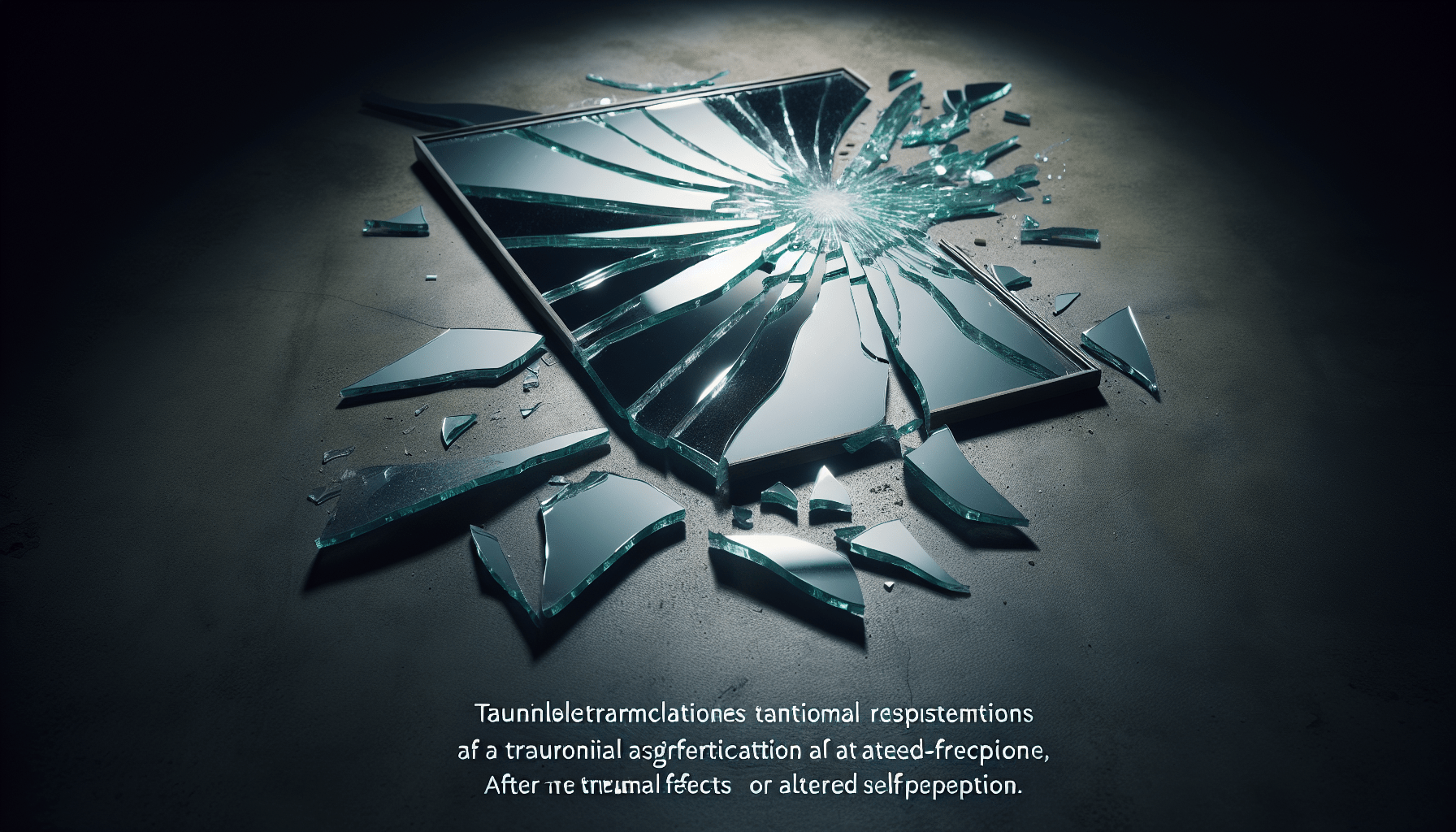Welcome to an insightful article that explores the importance of understanding the impact of trauma on individuals. Whether it be from a stressful event or a series of experiences, trauma can have a lasting effect on mental health and well-being. By gaining a better understanding of trauma and its effects, we can provide better support and treatment for those who have experienced it. Let’s delve into the complexities of trauma together and learn how we can best navigate its impact.

Have You Experienced Trauma?
Hey there! If you’re reading this, chances are you may have experienced trauma at some point in your life. Trauma can come in many forms, whether it’s a single distressing event or ongoing stressful situations. In this article, we’ll explore the impact of trauma on your mental and emotional well-being so you can better understand and navigate the healing process.
What is Trauma?
Let’s start by defining what trauma actually is. Trauma is typically defined as a deeply distressing or disturbing event that can have lasting effects on a person’s mental and emotional state. This can include physical, emotional, or psychological harm, and can be caused by a wide range of experiences such as abuse, neglect, natural disasters, accidents, or violence.
How Trauma Affects You
When you experience trauma, your brain and body can go into overdrive as a response to the intense stress and fear. This can lead to a variety of symptoms and reactions that can impact your daily life and well-being. Some common reactions to trauma include:
- Flashbacks: Vivid and intrusive memories of the traumatic event can disrupt your thoughts and emotions.
- Avoidance: You may try to avoid reminders of the trauma, which can lead to isolation and difficulty in facing your feelings.
- Hyperarousal: Feeling constantly on edge, irritable, or easily startled can be a sign of trauma-related hyperarousal.
- Emotional Numbing: Some individuals may experience a sense of emotional numbness or detachment from others as a way to cope with the trauma.
Types of Trauma
Trauma can manifest in various forms, including:
| Type of Trauma | Description |
|---|---|
| Acute Trauma | A single traumatic event with immediate effects. |
| Chronic Trauma | Ongoing trauma over an extended period of time. |
| Complex Trauma | Exposure to multiple traumatic events, often in childhood. |
| Vicarious Trauma | Trauma experienced indirectly through witnessing others’ suffering. |
Understanding the type of trauma you’ve experienced can help you identify and address your unique needs for healing.
Effects of Trauma on the Brain
Trauma can have a profound impact on the brain and its functions. The brain’s stress response system becomes hypersensitive, which can lead to changes in brain structure and function. Some effects of trauma on the brain include:
- Hypervigilance: Being constantly on alert for danger can overwhelm the brain’s ability to regulate emotions.
- Impaired Memory: Trauma can disrupt memory consolidation and retrieval processes, making it challenging to recall details of the traumatic event or everyday experiences.
- Emotional Dysregulation: Difficulty in managing emotions due to alterations in the brain’s response to stress can lead to mood swings and emotional outbursts.
- Decreased Neural Connectivity: Trauma can weaken connections between brain regions responsible for processing emotions, memories, and decision-making.
Trauma and Mental Health
The impact of trauma on mental health is significant and can contribute to the development of various mental health disorders. Conditions such as post-traumatic stress disorder (PTSD), depression, anxiety, and dissociative disorders are common among individuals who have experienced trauma. Seeking therapy or counseling can be beneficial in addressing the mental health challenges associated with trauma.

Healing from Trauma
Coping with trauma and its effects can be challenging, but healing is possible with the right tools and support. Here are some strategies that can help you on your journey to healing:
Establishing Safety and Stability
Creating a safe and stable environment is crucial when healing from trauma. This may involve seeking out supportive relationships, setting boundaries, engaging in self-care practices, and establishing healthy routines. Surrounding yourself with trusted individuals who prioritize your well-being can provide a sense of security and comfort.
Building Resilience and Coping Skills
Building resilience is essential in overcoming the impact of trauma. Developing coping skills such as mindfulness, relaxation techniques, grounding exercises, and journaling can help you manage stress and regulate your emotions effectively. Learning to identify and challenge negative thought patterns can also empower you to navigate challenging situations with resilience.
Seeking Professional Help
Therapy and counseling can be valuable resources in healing from trauma. A mental health professional can provide you with the guidance, support, and tools necessary to address trauma-related symptoms and work through the healing process. Cognitive-behavioral therapy (CBT), Eye Movement Desensitization and Reprocessing (EMDR), and other evidence-based interventions are effective in treating trauma-related disorders.
Self-Compassion and Self-Care
Practicing self-compassion and self-care is essential in nurturing your mental and emotional well-being. Treat yourself with kindness and understanding, and prioritize activities that bring you joy and relaxation. Engaging in activities such as exercise, nature walks, creative pursuits, and spending time with loved ones can help you recharge and regain a sense of balance.
Moving Forward
Healing from trauma is a complex and individualized process that requires time, patience, and self-reflection. Remember that healing is not a linear journey, and setbacks or challenges are a natural part of the process. By taking small steps towards self-compassion, self-care, and seeking support when needed, you can gradually rebuild your sense of safety, resilience, and well-being.
If you’re struggling with the impact of trauma, know that you’re not alone, and there are resources and professionals available to support you on your healing journey. Your mental and emotional well-being matter, and prioritizing your healing is a courageous and empowering step towards reclaiming your life and thriving beyond trauma. Remember, you are worthy of healing, growth, and transformation.
